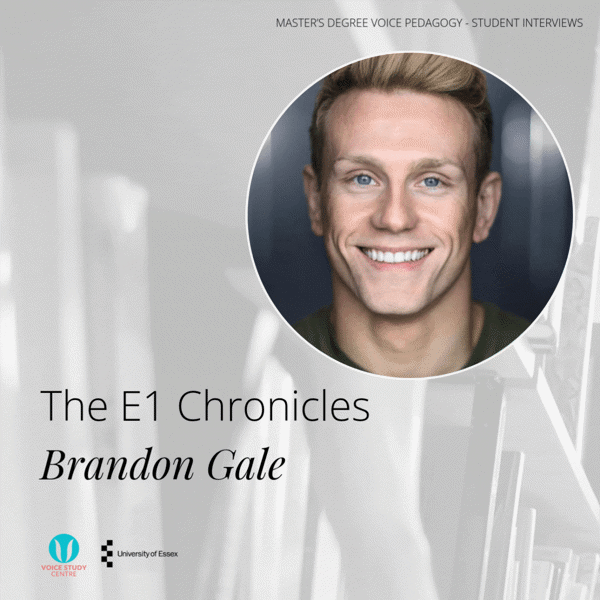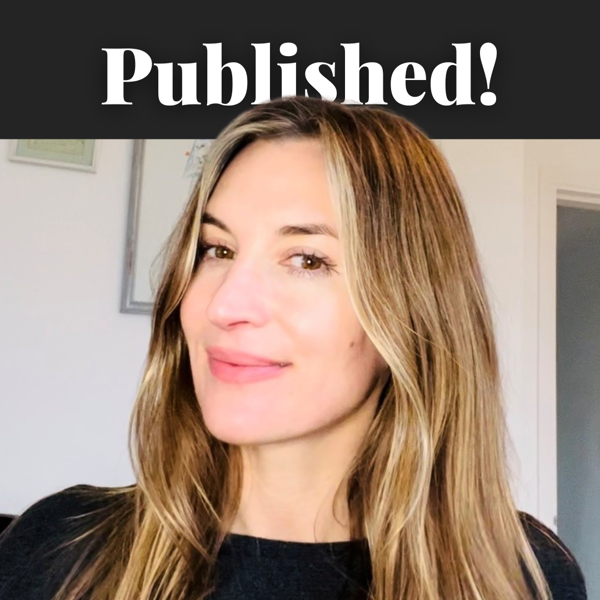Course Review: A Voice for the Voiceless with William Leigh Knight
Friday 6th October 2023William Leigh Knight’s two-hour short course explored the concepts of ‘tone-deafness’ and the ‘voiceless’. It was infused with personal anecdotes throughout, including William’s first-ever experience of working with (and experimenting with) tone-deafness in a student.
He discussed his article in the BVA Communicating Voice journal and what was to come during the rest of the course. Different terms for ‘non-singers’ were explored, including ‘growler’, ‘tuneless’ and ‘amusiac’. William shared an audio clip of a 3-year-old singing the American national anthem as the equivalent of an adult singer who is tone-deaf.
Following on, he asked the question: ‘what is stopping you getting pleasure from singing?’ and listed some factors involved, highlighting ones that are especially relevant to tone-deafness. These included ‘difficulty pitching notes’ and ‘being told to shut up’. William noted that, according to a study, as many as 17% of the UK population consider themselves tone-deaf. He also shared a flow diagram illustrating the many different ways of being voiceless and the different causes of each one, such as:
- Being tone-deaf due to psycho-acoustic issues (i.e. not liking the sound of own voice)
- Being a non-singer due to severe neglect or abuse
- Losing the voice/an acquired vocal issue, as a result of a stroke or other disability
The next part of the course explored the history of singing and group singing, including the early health benefits of singing as suggested by composer William Byrd in the 16th century. Joseph Mainzer’s book Singing For The Million: A Practical Course Of Musical Instruction was referenced too, as was Joan Taylor’s ‘Can’t Sing Choir’ and the advent of ‘tuneless’ community choirs in general. William talked about the ‘Tone Deaf? No Way’ class he taught at Morley College, before going into some stats around the impact of the music education organisation ‘Sing Up’.
Towards the halfway point, some more scientific subject matter was featured, including a diagram of a cross-section of the vocal tract. This led on nicely to a showing of Sivu’s music video for the song ‘Better Man Than He’ which involves him singing while inside an MRI scanner. Participants were also played audio recordings of the same Scottish folk song (‘Barbara Allen’) from two different singers (one professional female countertenor, one tone-deaf male) and asked to note down their thoughts.
The second half of the course started with William talking through a questionnaire worksheet that he used during his ‘Tone Deaf? No Way’ class – and each question was discussed in some detail. He then played an audio clip of the infamous amateur soprano Florence Foster Jenkins asked what wasn’t right about her voice and what could be done to help her. This generated a great debate between the participants.
The importance of selecting the correct singing material for voiceless adults was reiterated. Songs that are relatable (‘Love Me Tender’, ‘Amazing Grace’, etc.) were featured, as well as songs relatable to many different nationalities (e.g. Frere Jacques, Three Blind Mice). This was followed by a useful exercise for re-tuning the ear, helpful tongue-twisters for getting people involved with scale (e.g. ‘I like a coffee in a proper copper coffee-pot’), and techniques for ‘going with the flow’ and letting natural instincts lead the way, such as singing songs with actions (e.g. ‘Drunken Sailor’ while pretending to haul up a rope).
Issues of pitch, pitch-matching and finding the so-called ‘perfect pitch’ were discussed, before William shared some useful apps for measuring pitch (e.g. Sing and See) to bring the course to a close. His closing remarks reminded us all that there are no instant solutions to tone-deafness/voicelessness – it requires patience, understanding and encouragement to just SING!



